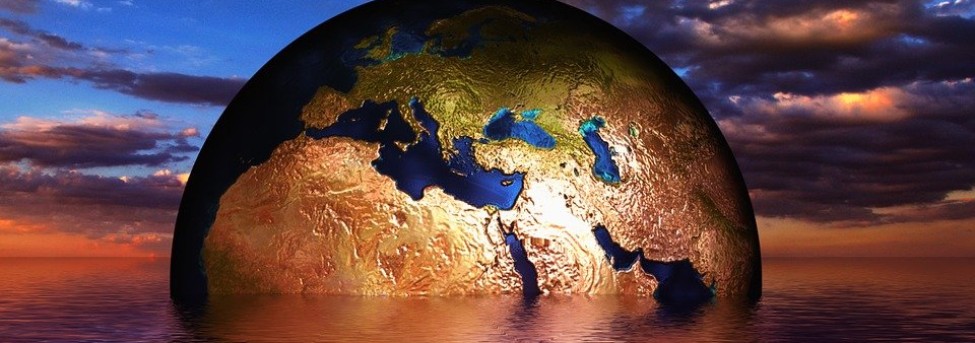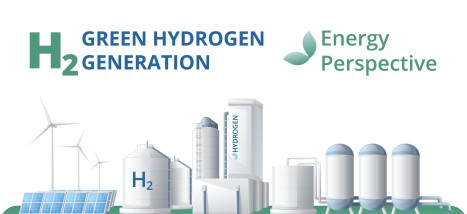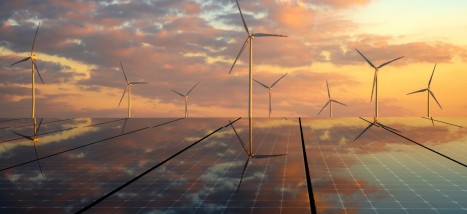-
02 October 2021

The price of doing the same old thing is far higher than the price of change
These words were spoken by then-new US President Bill Clinton in 1993. This quote is still relevant today in the context of one of the most important societal challenges that we now face together: the energy transition.
The need for this has since been widely accepted. But let's also focus on the benefits and opportunities for innovation that this transition offers. Not everyone will be off natural gas tomorrow, will commute emission-free or be able to place their home in energy class A. That doesn't necessarily have to be the case, but we do want to get there and that should be a goal. The social costs of using fossil fuels are high. Too high to continue on this foot. It is simply more expensive to protect against an even faster global warming than investing in techniques that help slow it down. Moreover, fossil fuels will eventually run out and we are too dependent on politically unstable regions to supply what is still there. Reducing this dependency with initiatives that slow down climate change, help keep our planet livable and help improve our society through innovation is an obvious win-win situation.
The question is no longer whether we should change. The United Nations Sustainable Development Goals for 2030 can be named as an answer to that question. The sustainable development agenda is in place. Together we have to look at how we are going to fill it in exactly. And better yet, how are we going to accelerate this? The energy costs of solar and wind energy have decreased enormously due to innovations and scale. Almost daily, new innovations are presented in the field of sustainable energy storage and new forms of sustainable energy generation. Yields rise while costs fall. If we all see the energy transition as an opportunity instead of just an obligation, that mindset change alone can make an enormous extra contribution to cleaner and fairer economic productivity. If we start now, 10 years from now we will see this as a gift to ourselves and future generations.
Speaking of generations. There is an increasing interest in impact investing, also among the younger generations. And that's beautiful. Wieke Maarleveld, Product Manager & Advisor Impact Investing Van Lanschot, noted the same. According to Van Lanschot, half of the young generation is already interested in it. It strengthens my conviction that thinking in terms of opportunities and solutions is not only better for the environment, but also for our financial future.
Hence, in conclusion, a call expressed in a quote from another, world-famous American: A little less conversation, a little more action!
-
25 March 2025
 Green hydrogen can contribute effectively to emissions reductionBy: Evertjan van Roekel
Green hydrogen can contribute effectively to emissions reductionBy: Evertjan van RoekelGreen hydrogen often, but certainly not always, leads to CO2 gains. This is evident from research in Nature Energy by Kiane de Kleijne of Radboud University and Eindhoven University of Technology. 'If you calculate the entire life cycle of green hydrogen production and transport, the CO2 gain can be disappointing. But if green hydrogen is produced from very clean electricity and in the region, it can really contribute to emission reductions.'
[Read more...] -
18 February 2025
 Renewable energy investment creates great potentialBy: Evertjan van Roekel
Renewable energy investment creates great potentialBy: Evertjan van RoekelAn investment in renewable energy offers an excellent financial return and a way to put your money to work for people and the environment. Sustainable energy investments also play a crucial role in tackling the global climate problem.
[Read more...]